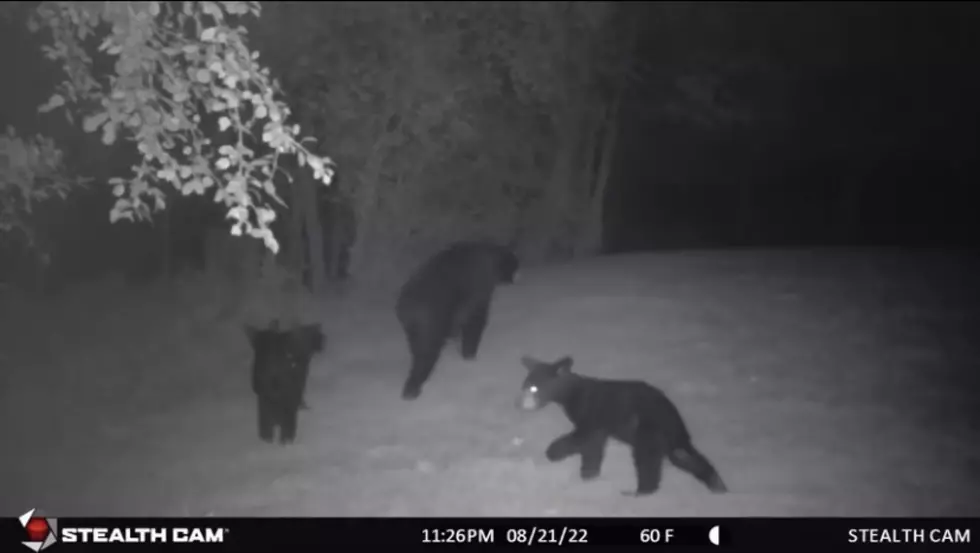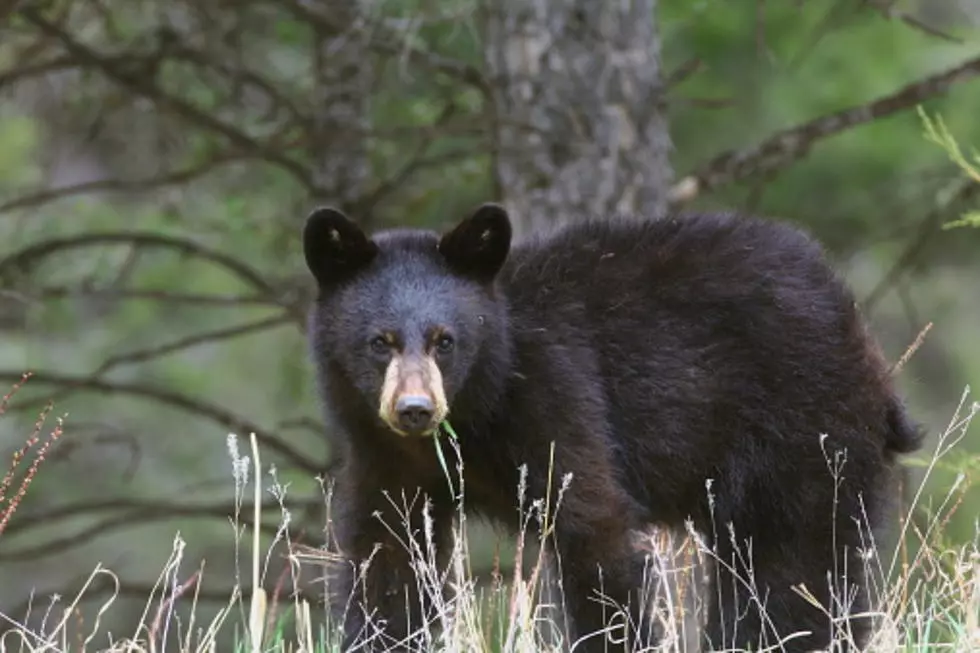
If the Winter Weather Is Warm, Do New York Bears Still Hibernate?
The weather this winter has been all over the place. We've had days where the temperature has been near 60 degrees and then dropped off into the teens the next day only to bump back up a day later.

On the last really warm-for-the-winter season day that we had, I soaked it in by sitting on my deck with my feet propped up, sipping a cup of coffee, and listening to the birds sing. And then, the wheels inside my brain started to turn.
I found myself wondering - do bears get confused about the weather? Would there be a chance that one morning when leaving before the crack of dawn, I would be greeted by our resident bear (who loves to try to get into our food composter)?
People believe that bears generally hibernate in the winter because it's during those coldest months that food is most scarce, but would you believe that most bears don't truly hibernate? Bears are actually more likely to enter into a state called torpor.
When a bear enters torpor, it is sleeping, but lightly, like a parent who always seems to have one ear open. Any movement, loud noise, or touch will wake a bear in torpor right up. On the other hand, when a bear enters true hibernation, it's out. Loud noises, being touched, even being moved won't affect the bear one single bit. It literally sleeps like a baby.
The reason bears tend to enter torpor is so that if there is danger, they can still wake up and get out of the way of the danger. If bears were to truly hibernate, not only would they be oblivious to the world crumbling down around them but they wouldn't be able to rouse themselves from sleep.
All of this brings us to our question- if our winter weather continues to fluctuate up and down, might we see bears out and about before spring? The answer is yes.
When the temperature gets warmer, bears come out of their den in search of food. Unfortunately for them, they most likely won't find a bounty of the nourishment they're searching for because things don't start growing around here until the spring months.
So, if you've got a food composter and think nothing about keeping an eye on it in the winter, or even bird feeders out in your yard, you might want to keep a close watch in case your bear friends are on the hunt for food this winter.
LOOK: 30 fascinating facts about sleep in the animal kingdom
LOOK: Stunning animal photos from around the world
More From KISS 104.1




![Glamp With Wolves and Bears at This Adirondack Wildlife Refuge [GALLERY]](http://townsquare.media/site/498/files/2021/04/thomas-bonometti-dtfyRuKG7UY-unsplash.jpg?w=980&q=75)




